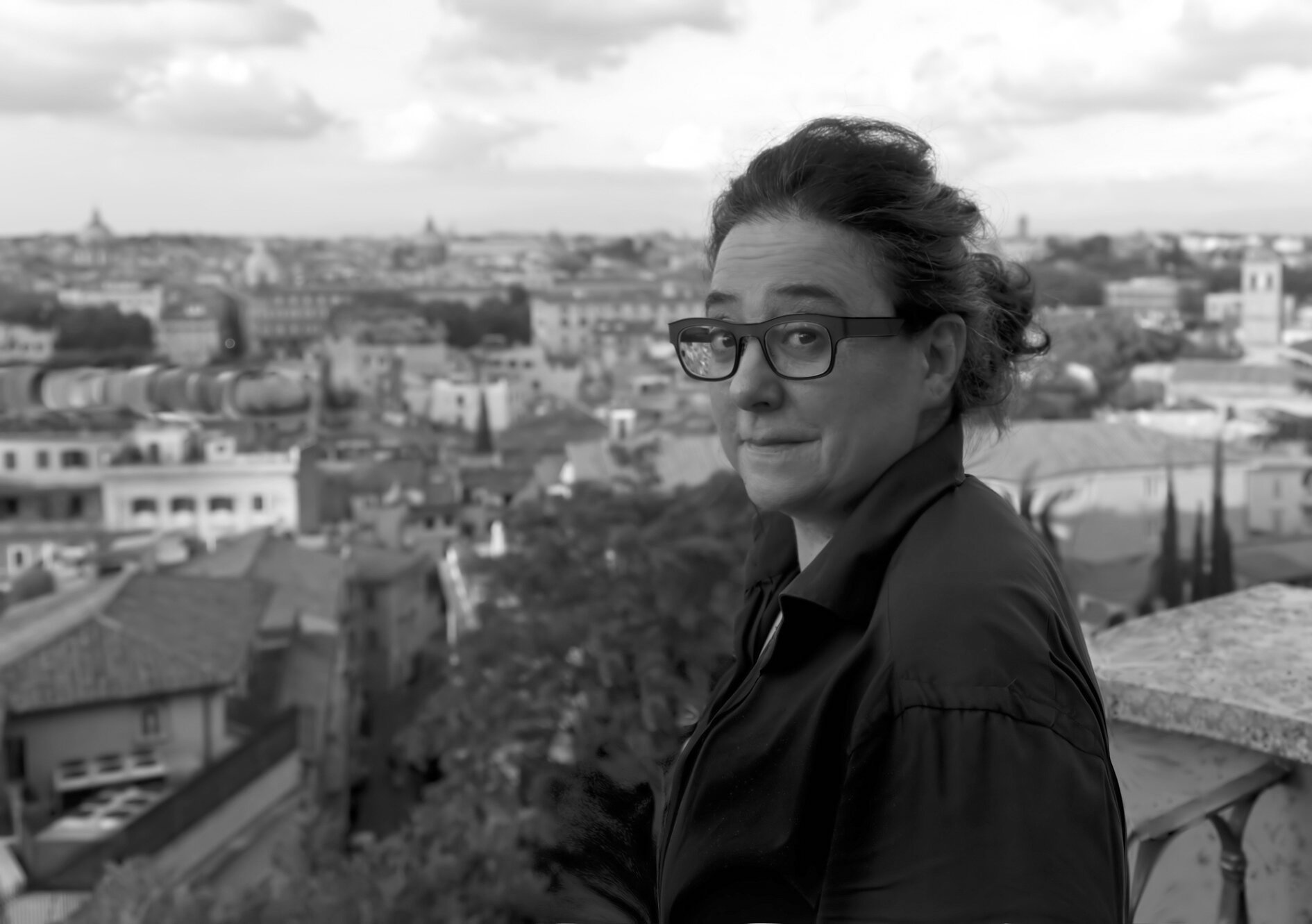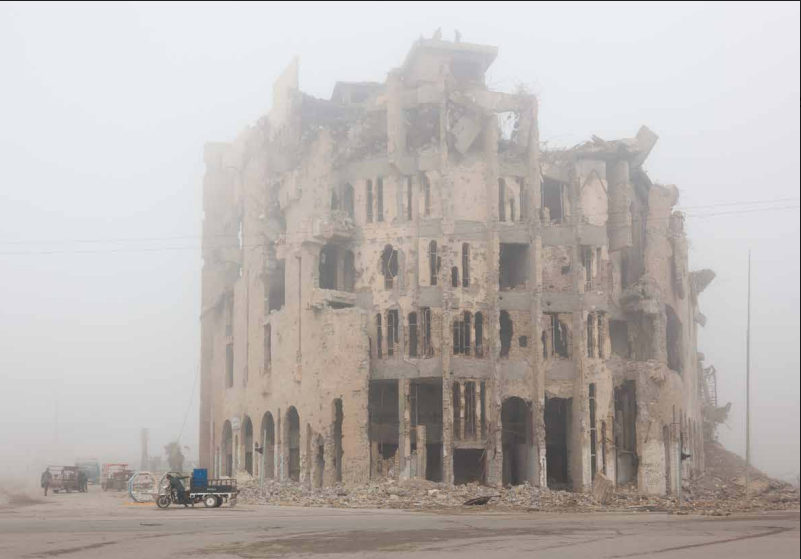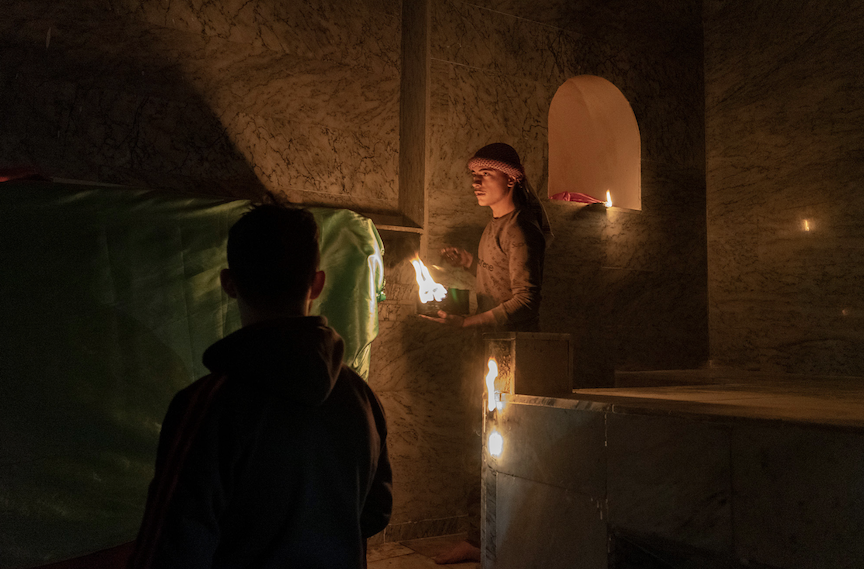BEGOÑA ZUBERO
(Bilbao, 1962)
Begoña Zubero, a Spanish photographer born in Bilbao in 1962, studied Audiovisual Communication at the Universidad Complutense de Madrid and specialized in photography at the School of Visual Arts in New York. From her earliest projects, Zubero developed a photographic style characterized by exceptional technical quality and deep conceptual research. She lives between Italy and Bilbao, alternating her residence between these two cultures that inspire her work. In 2012, she returned to Rome as an artist in residence at the Real Academia de España, where she continued to explore the importance of memory and the ideological use of architectural spaces. Italy and her hometown of Bilbao remain sources of inspiration and sites for her ongoing photographic projects.
Zubero participated in the XIV Venice Architecture Biennale with the project Cinecittà Occupata (2014) and in the exhibition Extraordinary Vision. L’Italia ci guarda (2016) at the MAXXI Museum in Rome, presenting her project Gente del Po. In 2019, she exhibited at Matera European Capital of Culture and developed the Villaggio Eni project in the Dolomites. Recent solo exhibitions include El principio es la mitad del todo at the Galería Carrasco in Madrid (2020), while group exhibitions include Mon amour at Istituto Italiano di Cultura in Madrid (2023), El viaje a Roma in Montevideo (2021) and Open call/Puertas abiertas at the Fundacion Bilbao Arte in Bilbao (2021). She participated in art fairs such as Estampa in Madrid and FIG Bilbao in 2021. At the end of 2018, she completed a two-month artist residency in Iraq, resulting in the M/D (Mosul Demolición) project, which led to the exhibition NEEEV, Non è esotico, è vitale (2020), presented in Palermo, Rome, Cordova and Pamplona between 2022 and 2023.. Zubero currently lives and works between Italy and Bilbao, exploring themes of memory, culture, and recent history in her photographic projects.



